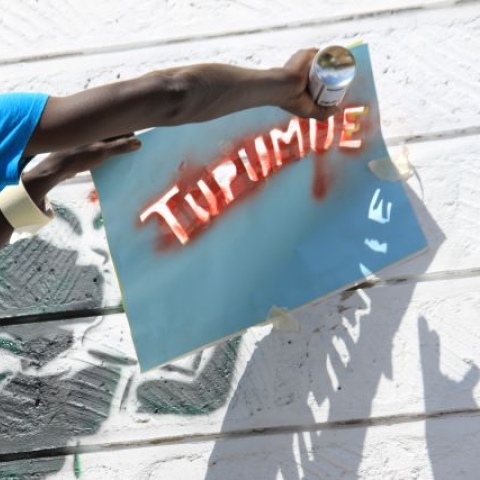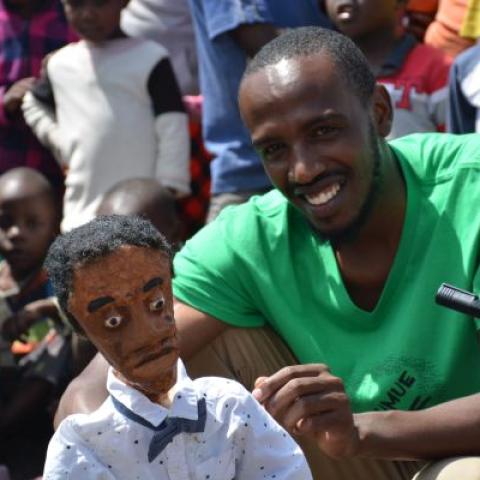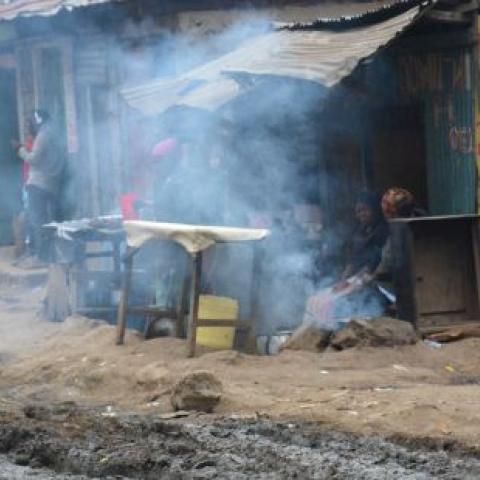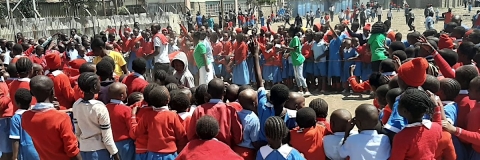
TUPUMUE, or "let’s breathe!" in Swahili, is a research study led by between Liverpool School of Tropical Medicine and the Kenya Medical Research Institute (KEMRI) and is jointly funded by the National Research Foundation of Kenya and the Medical Research Council, UK.
The study aims to find out how many children in two communities in Nairobi, Kenya have lung problems and to explore children’s experiences of lung problems and air pollution.
The 3-year project also aims to generate new scientific knowledge about the early life course origins, burden, determinants, and prognostic significance of non-communicable lung disease in Kenya by studying the lung health of children and adolescents from two very different communities.
About the Tupumue project
The project will focus on children and young adults aged 5 to 18 from two areas in Nairobi: an informal settlement (Mukuru) and a wealthier area (Buruburu).
Community members are being involved in all stages to ensure that the study is directly relevant to these communities. This community involvement is additionally supported by a Wellcome Trust Public Engagement Award 'Clean air, good health Nairobi: creative, participatory lung health research'.
For 1000 children in each community we will ask questions about lung symptoms, air pollution and known lung problems. Children’s lung function will be measured using a simple blowing test (spirometry) before and after they run for 6 minutes.
We will measure air pollution experienced in the homes of 100 children in each community together with measurements made at strategic locations where children spend time. These monitoring results will be combined with the questionnaires to estimate exposure to air pollution for all those taking part.
To get an idea of the everyday experiences of lung problems and air pollution, we will ask around 300 primary school children in each community to draw their stories or bring in items they link to lung problems. They will discuss these activities with smaller groups of children.
Older children will be asked to take part in walking interviews around their community to help us better understand what living in the community is like, their experiences of lung health, and their understanding of air pollution.
The information collected will be used to compare the children of Mukuru and Buruburu and to see if more children than expected have reduced lung function and at what age this is evident.
We will also see if air pollution, birth weight and early life chest infections affect the lung function of children, and the extent to which the experiences of children the two communities differ. The study is large enough to make fairly accurate estimates of prevalence and to look for associations.
The results of this study will be fed back to the two communities in ways they feel are easy to understand, including through the use of creative methods such as rap, comics, puppetry, street murals and videography.
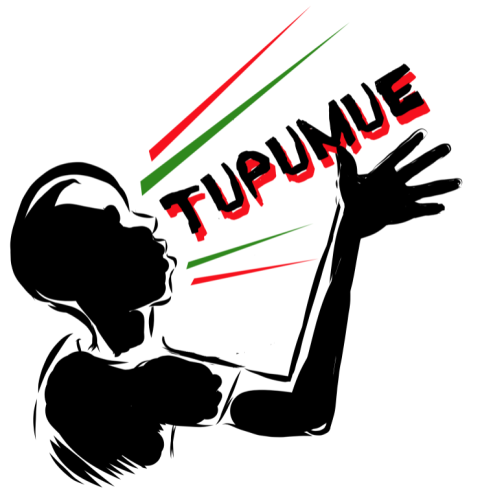
Funders

Project partners

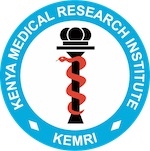





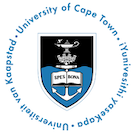




Project members at the University of Portsmouth

Media ready expert

